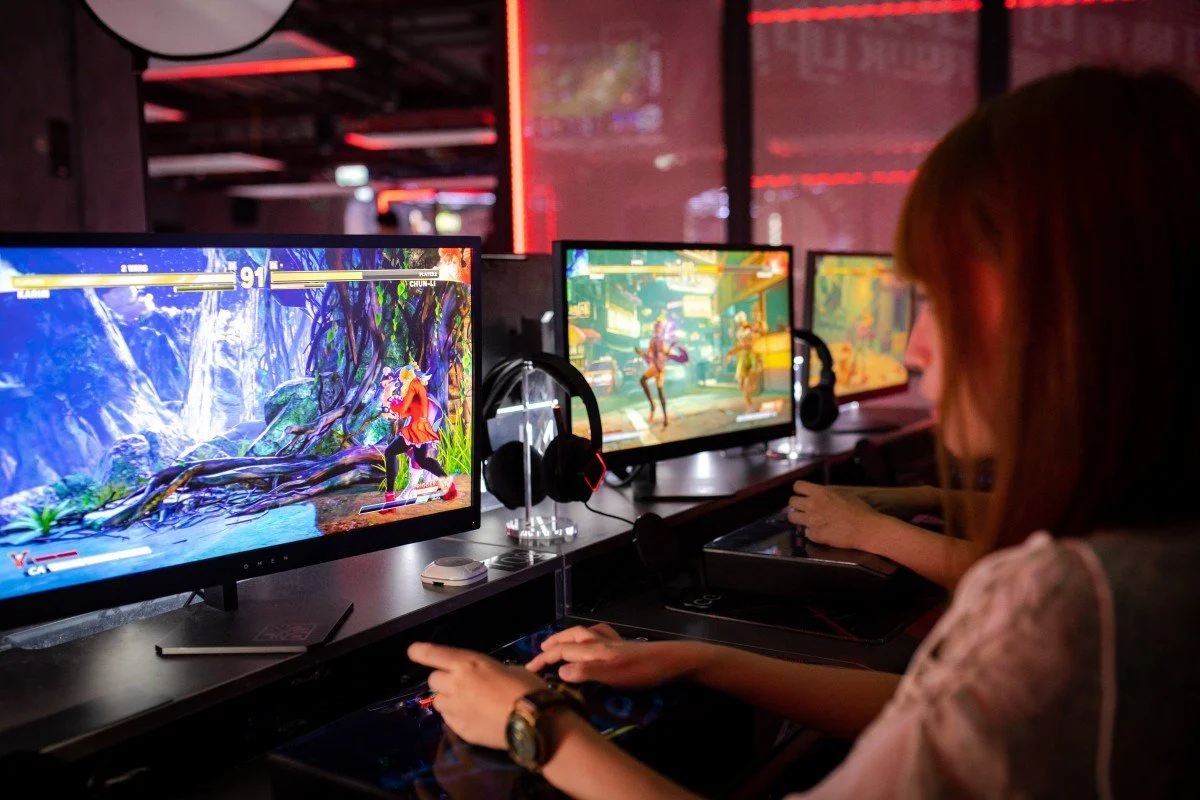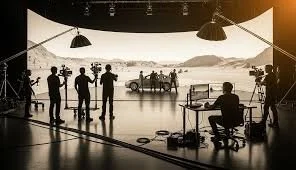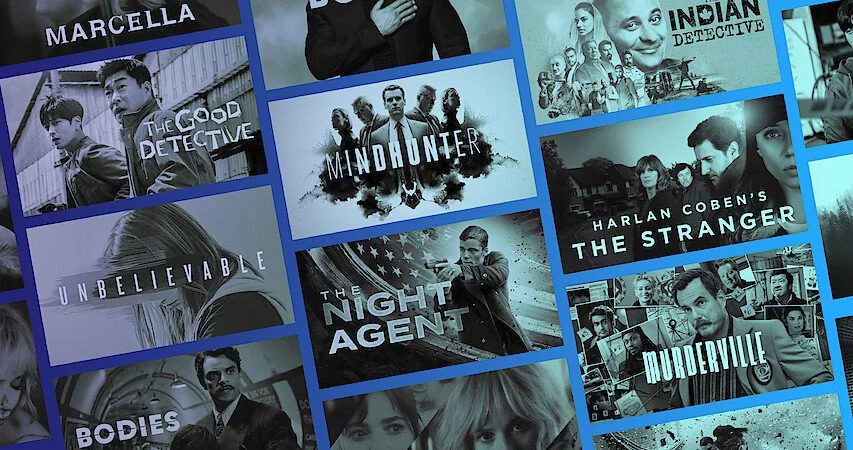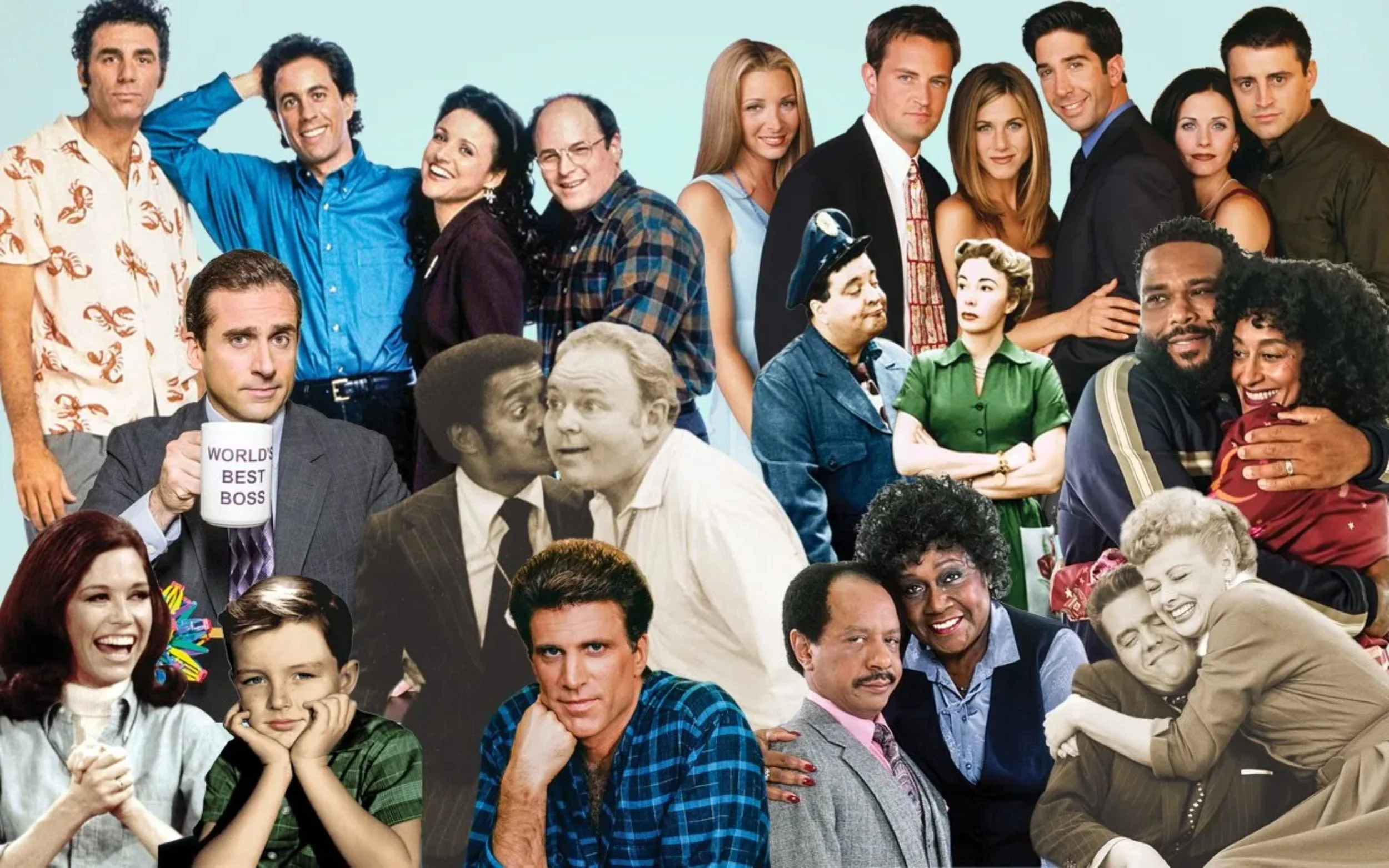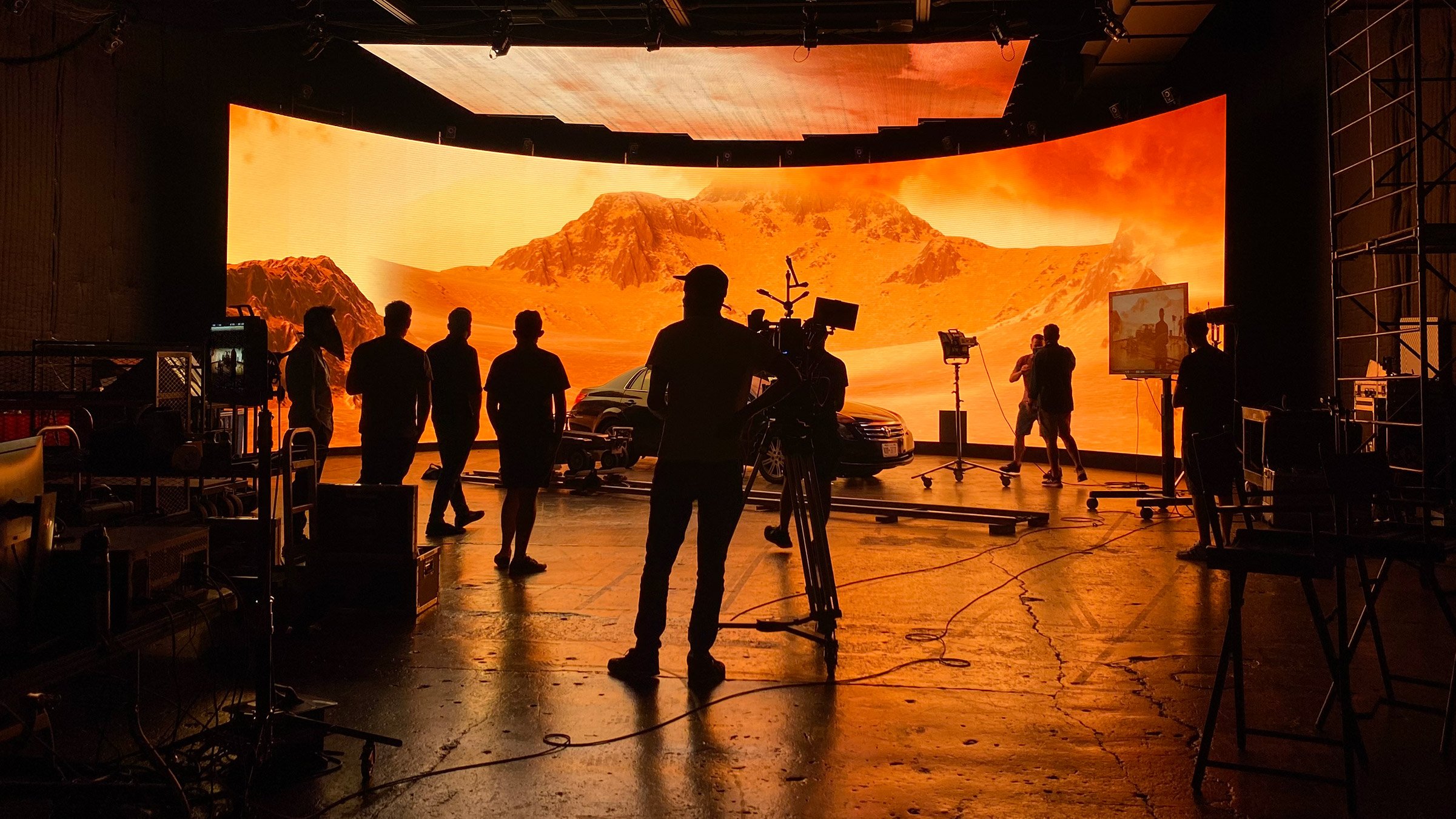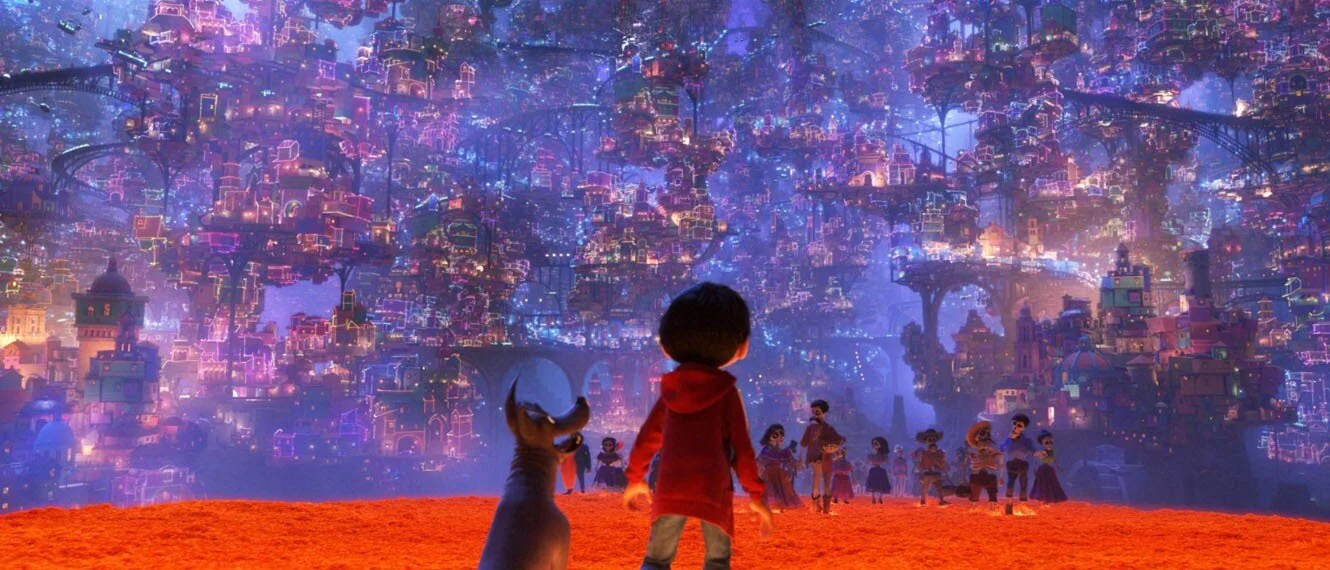This article explores the rise of virtual production (VP) and its impact on contemporary filmmaking through the use of large-scale LED volumes that merge physical sets with real-time digital environments. Using high-profile productions such as The Mandalorian and 1899 as case studies, it examines how VP reshapes creative workflows across departments, redistributes labor rather than eliminating it, and demands new hybrid skill sets from designers, location managers, and technicians. The piece also addresses the role of labor unions and training programs in adapting to emerging technologies, alongside the economic challenges of scalability, access, and high upfront costs. Ultimately, the article positions virtual production as a transformative - yet uneven - evolution in the entertainment industry, emphasizing the need for equitable training and infrastructure as VP becomes a lasting mode of production.
AI-Driven Dubbing: A New Frontier for Voices in the Audiovisual Industry
What is the world if not a collection of stories? And, what is a globalized world without the capacity to share those stories across cultures, borders, and languages? Dubbing has long served as a bridge between screens and diverse audiences. However, as with every technological shift, we now find ourselves entering a new era: artificial intelligence. What challenges does this emerging paradigm present to the entertainment industry with regards to dubbing?
Part II: Game IP: From Console to Screen
As the video game industry continues to grow, Hollywood studios are capitalizing on this intellectual property (IP) success through film and television adaptations. Students from Heinz College’s Master of Entertainment Industry Management program sought to better understand the current market for these adaptations. In Part II, see what film and video game executives consider to make an adaptation successful. Additionally, through a survey of gamers and non-gamers, learn what potential audiences prefer to see.
Part I: Playing the Game: The Convergence of Video
Due to the popularity and booming business of video games, Hollywood studios have capitalized on popular game titles by developing new content based off of their intellectual property (IP). This study sets out to better understand video game IP’s impact on film and television markets and what specific elements might impact an adaptation’s success.
Part II: Stakeholder Interests in the Future of AI and Entertainment
How will AI-generated content transform the entertainment industry? And what are the impacts on employment, content development, budgets, contracts, legislation, and privacy rights? Part II of this research by Heinz College Master of Entertainment Industry Management students provides an in-depth analysis of survey and interview data from entertainment lawyers, educators, and other industry professionals.
Part I: A New Era of AI in the Entertainment Industry
As exemplified by the Hollywood strikes of 2023, we find ourselves in a new era of Artificial Intelligence in film and television. While studios are looking to cut costs, performers seek job security, and consumers seek quality content. Through research conducted in collaboration with facial motion capture technology provider Faceware Technologies Inc., Master of Entertainment Industry Management students at Carnegie Mellon sought to gain insight on how AI-generated content will transform existing industries, including how this technology could affect employment in the entertainment industry, content development, budgets, contracts, legislation, and privacy rights.
Part Two: The Globalization of Virtual Production in Film and Television - Past, Present and Future
This project delves into the potential expansion in LED volumes, assessing both benefits and challenges. Our findings emphasize the impact of virtual production on labor markets, economic advantages of increased investment in LED screens, and the necessity of integrating virtual production across Sony's various entertainment divisions. Additionally, we highlight the significance of driving technological innovation to solidify Sony's leadership in this evolving landscape. The information revealed in this research, through a conducted survey, will further explore the current state of the virtual production industry and the creative evolution underlying its widespread adoption. For a deeper understanding of virtual production, please see Part I of this research.
Part One: The Globalization of Virtual Production in Film and Television - Past, Present and Future
Virtual production, defined in this project as the use of real-time technologies to combine traditional physical filmmaking with digital assets, has become a rapidly growing practice in the entertainment industry since LED screens were first used in The Mandalorian (2019) (Desowitz, 2020). LED stages have grown exponentially from three stages in 2019 to over 300 stages in 2022 (Giardina, 2022), expanding virtual production to now be a $1.8 billion market (Grand View, 2023). This project investigates the current landscape of LED stages and studios can capitalize on the growing market.
Part Two: Streaming vs. Streamers - A Stand-Off
Since streaming became mainstream, major changes in sitcom preferences have come to light. According to analytics, the demand for sitcoms varies by streamer with viewers preferring network sitcoms to those created strictly for streaming. Not only that, but the same study shows that the sitcom was the most in demand sub-genre of television in-demand in 2022. Part One of this research discusses the top ten most streamed shows in the U.S. in 2023.
Part One: Streaming vs. Streamers - A Stand-Off
The creative standstill between viewers and streamers has come to a head. As streaming slowly inches its way to overtaking the conventional ways of watching television, the divide between what viewers want and what is being produced grows. Audiences have made it clear that they prefer the formats of the past overcurrent releases, but streaming companies are refusing to make changes to their current format, especially regarding the sitcom.
AI and Virtual Production: The Past Meets the Future
Technology has played a critical role in the film industry since its inception. Advances in the film industry are always closely related to technological advances in society, integrating them quickly into the filmmaking process. Almost every aspect of filmmaking, from pre-production to post-production, from digital cameras, editing software, sound and music, distribution, exhibition, and of course, special effects, has undergone major changes and has evolved over the last 190 years.
Contemporary, traditional film production involves building physical sets, scouting locations, and coordinating large crews and equipment, all of which can be time-consuming and expensive. To overcome some of these "problems" or “needs” was born what we know today as Virtual Production. Virtual production has and will be further enhanced by the opportunities afforded by artificial intelligence.
Massive Software’s Influence on Popular Fantasy Film
Massive Software creates hordes of fantasy armies using Artificial Intelligence and in doing so it has changed the fantasy entertainment game. Their realism is largely due to fuzzy logic, a “way to create naturalistic and subtle behavior” that human viewers will interpret as realistic and powerful. This combined with emergent technology offers a wide array of opportunity for creators.
An Industry of Secrecy: Why Streaming Companies Hide Viewership Data
The entertainment industry in a post-pandemic and streamer-heavy world bears a sigil of secrecy. Viewership data for films and television shows on Netflix, Hulu, Amazon Prime Video, HBO Max, Disney Plus, Apple TV Plus, and other streaming services is highly monitored behind closed doors at these companies. Streaming consumption skyrocketed at the beginning of the COVID-19 pandemic, as people around the world were forced to stay at home. During the same time, online TV/video consumption increased from 1.7 hours to 6.5 hour. The pandemic fast-tracked the world’s shift to streaming, as it became one of the only accessible entertainment platforms, forcing the general public to decide which streaming services to invest in, largely because of cost.
The Impact of Emerging Sustainable Practices in the Film Industry
Sustainability is important to every industry, especially film, as each production (with an average $70 million budget) produces a carbon footprint of 3,370 metric tons. TV and film productions create an abundance of carbon emissions, significantly affecting the atmosphere. However, carbon emissions are not the only aspect of sustainability the film industry must focus on. Sustainable Development Goals (SDGs) provided by the United Nations (UN) show that practicing sustainability involves much more than climate change. While the film industry is making many strides towards greener productions, there are many issues that have yet to be addressed. Such issues include livable wages (SDG 8), gender equality (SDG 5), and responsible production and consumption (SDG 12). These are a few of the most prevalent ways that the film industry can follow the path of sustainability per the UN guidelines.
NFT Showdown: Miramax vs. Tarantino
There is ongoing legal debate around Quentin Tarantino's latest project, an exclusive behind-the-scenes NFT collection based on the 1994 Miramax blockbuster hit "Pulp Fiction," published in December 2021 on Opensea by SCRT Labs. A California lawsuit will determine whether Tarantino's plan is too cavalier, and whether Miramax should receive a cut of the sale. Today’s NFT world is governed by crude and antiquated laws surrounding copyright and trademark ownership. Hopefully this lawsuit establishes new legal boundaries and guidelines for future cases. In the meantime, NFT collectors should stay wary of ambiguous claims and unclear terms.
What We Should Know About Current Interactive Films
The dilemma of interactive films, feeling as if you are in control when you actually are not, is part of the reason why they are yet to become mainstream in entertainment, especially compared to interactive games. This article attempts to open this discussion by examining theoretical frameworks as well as a comparative case study. As the major concern lies in the disruption of the audience’s engagement, potential future options can be VR or implicit interactions (making choices through the user’s implicit activity) to provide a more engaging process. When the hype for this innovative technology wears off, the core of the films will still be their stories. After all, it’s about storytelling.
Why Interactive Films Are Not A Success...Yet
Motion picture companies in recent years are blurring the line between film and video games, bringing technical practices that have been adopted by interactive video games for many years. With the drift of film history into greater realism and higher audience immersion interests, interactive films that make compromises for the audience to take control are emerging. Filmmakers use different new-media technologies such as Eko Studio and Wirewax to engage an audiences’ interaction, but the medium is still so young that more extensive research is needed. This research examines the differences between the engagement models of interactive films and video games to identify the reasons why interactive films do not obtain a larger market.
Cryptocurrencies in Indie Film Economics
Streaming technology in the last decade has rebuilt the structure of film revenue models. Motion pictures now earn revenue through a network of internet-based over-the-top (OTT) content distributors, reaching worldwide audiences by partnering with multiple streaming platforms. More recently, the Covid-era decline in theatrical film distribution has led to a purely OTT distribution model, and a complete reliance on internet-based revenue. In the future, advancements in blockchain technology are expected to disrupt and further redesign the film distribution waterfall. Ambitious filmmakers should have a clear understanding of how revenue distribution waterfalls work before they tackle a blockchain-based film production.
Creating Sustainability in the Film Industry
When thinking about sustainability the first thought that often comes to mind is climate action, net-neutrality, or carbon emissions. Sustainability, in fact, has many other aspects beyond the climate. The United Nations developed a list of 17 goals in 2016 with a goal for the world to reach in 2030. These goals address holistic sustainability – aiming to help increase the quality of life worldwide. As organizations become conscious of their environmental impacts, more approaches in greening the industry and a tangible plan to fight climate change will be more readily implemented by the film industry, while still producing new content for the world.
Bringing Stories to Life: How Pixar Accomplishes Realistic Animation
Pixar revolutionized the animation industry through innovative technology and incredible storytelling. It was responsible for core developments in computer graphics history, blending technology and arts to make many of their films possible, leading to its massive success. 3D computer modeling technology has not only allowed for more efficient and faster animating, but it has opened the door for more people who are interested in joining the industry. It now easier than ever to download these softwares and begin learning how to animate. For artists in industry, there is not longer a limitation in the art that is waiting to be created – their visions can become a reality with the continual development of advanced animation technology.


